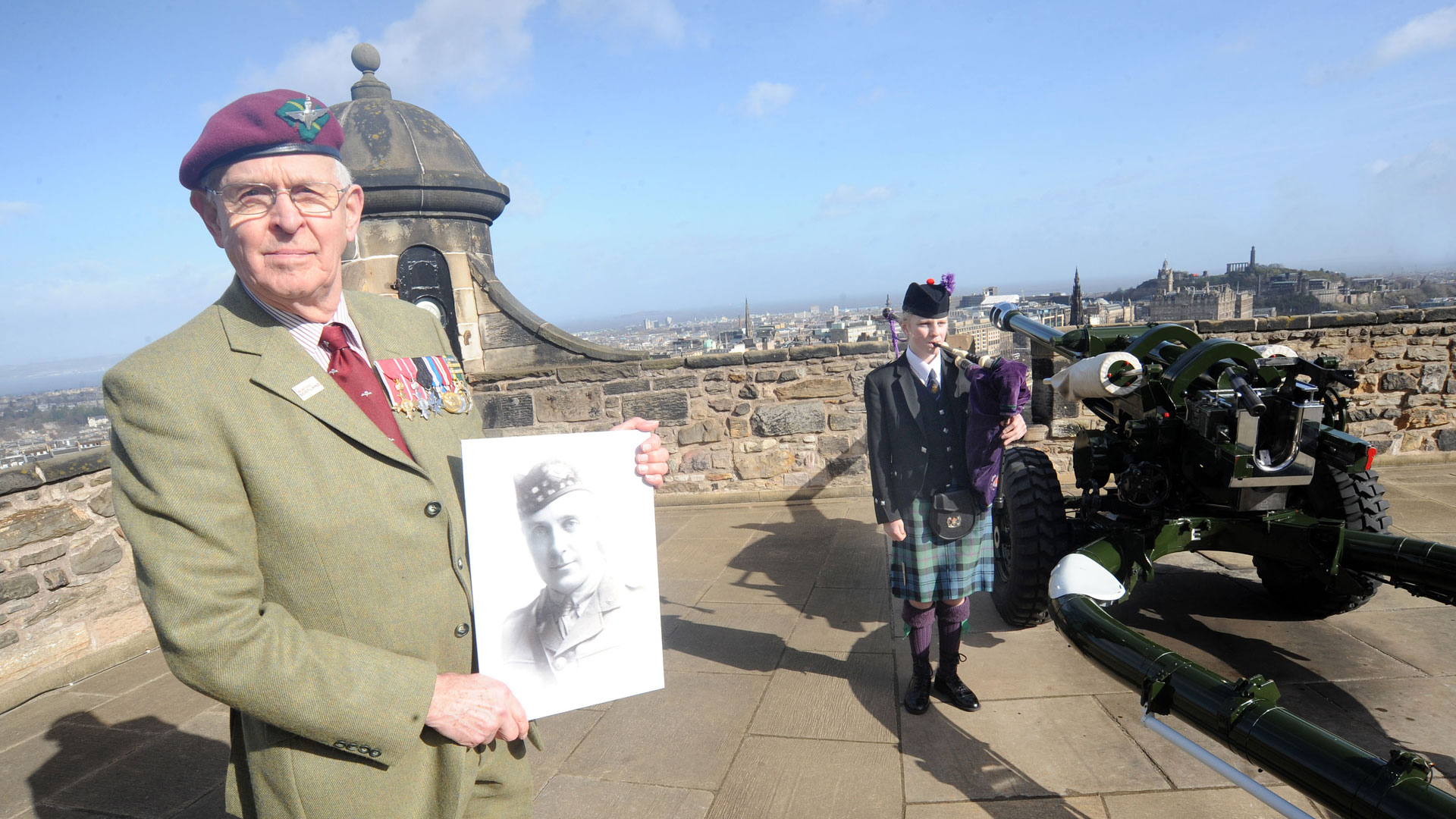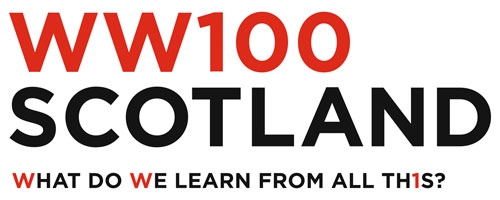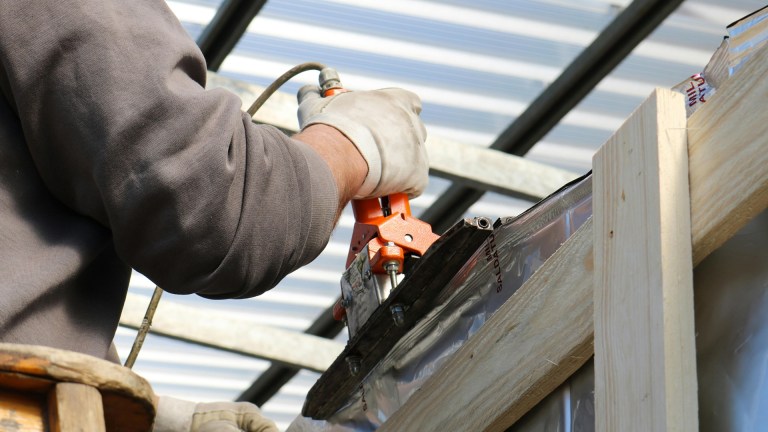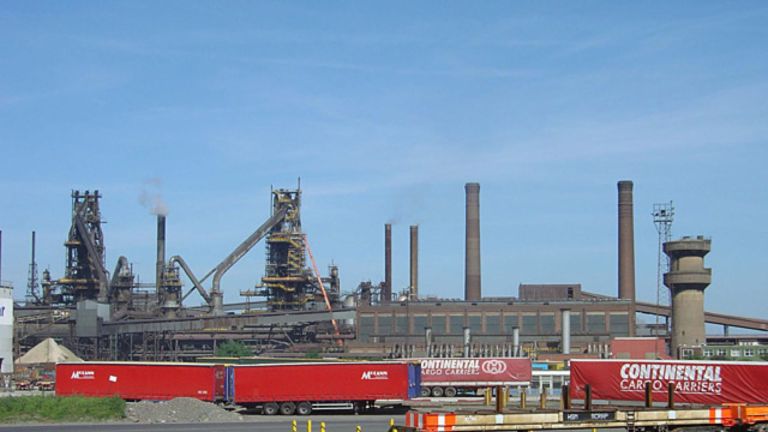At points throughout the 100 years since the horrors of World War One ravaged Europe, people in Scotland have been remembering specific battles which had particular resonance for their communities.
One of those is the Battle of Arras, which took place between April 9 and May 15, 1917, was part of a planned offensive by British and French forces. Forty-four of the 120 battalions that made up the ten British assault divisions were Scottish.
The average daily casualty rate was 4,076
The average daily casualty rate was 4,076, which was higher than that at The Somme or the Third Battle of Ypres. Of the approximate total 159,000 casualties, an estimated 18,000 were Scottish, the equivalent population of a Scottish town such as Dumbarton, Peterhead or St Andrews, or the capacity of Hearts’ ground at Tynecastle.
Writer John Buchan, working at the time as the Government’s UK Director of Information, noted that 38 Scottish battalions had crossed the parapet on the opening day of battle, which was more than the entire British force at Waterloo and seven times the number that Robert the Bruce commanded at Bannockburn.
Alasdair Hutton OBE, narrator for the Royal Edinburgh Military Tattoo, has personal family connections to the Battle of Arras. “My grandfather, George Hutton, left a successful family business in Glasgow’s Gallowgate when he went to Arras with the 9th Battalion of The Royal Scots as a 37-year-old,” he explains. “He was very severely wounded on Vimy Ridge by shrapnel in his back on the first day of battle but over time made a good recovery.
“He never spoke about the horrors of that day or of the war itself to the family and I can only begin to imagine how it must have felt leaving a young family behind and travelling to the unknown of Arras. He was one of the lucky ones.”











